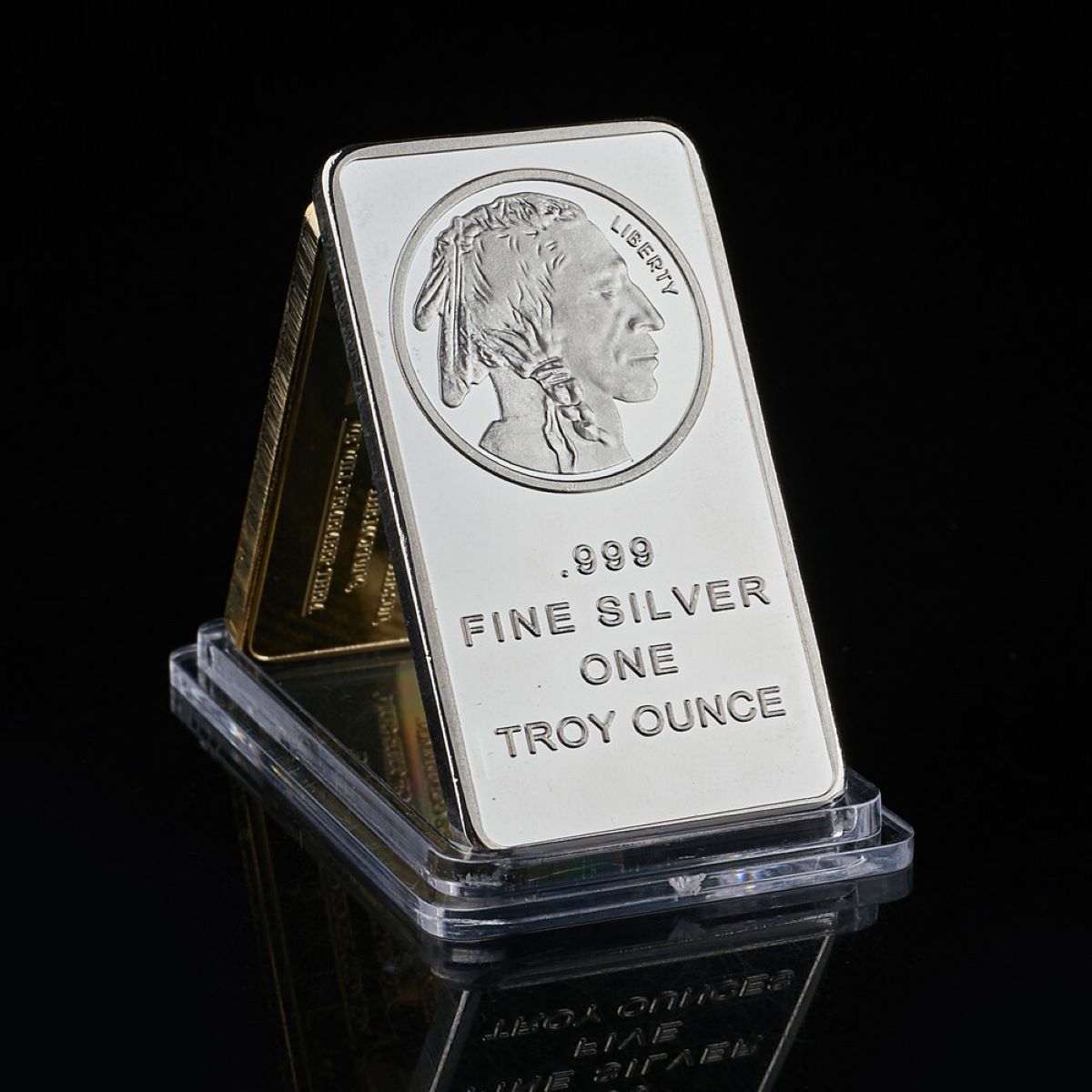

Articles
How To Store Silver Bullion
Modified: January 21, 2024
Learn how to store silver bullion safely and protect your investment with these informative articles.
(Many of the links in this article redirect to a specific reviewed product. Your purchase of these products through affiliate links helps to generate commission for Storables.com, at no extra cost. Learn more)
Introduction
Welcome to the world of silver bullion! Whether you are an experienced investor or just starting out, it is essential to understand how to store your precious metal securely. Silver bullion is a popular investment choice due to its intrinsic value, historical significance, and potential for long-term growth. But as with any valuable asset, taking appropriate measures to protect and store your silver bullion is of utmost importance.
In this article, we will explore the various types of silver bullion, factors to consider when choosing storage options, best practices for storing silver bullion, and different storage options available. By the end, you will have a better understanding of the options available to you and can confidently make decisions regarding the safekeeping of your silver bullion.
Key Takeaways:
- Securely storing silver bullion is essential for protecting investments. Consider factors like security, insurance, accessibility, and cost when choosing storage options. Implement best practices to safeguard your precious metal holdings.
- Understanding the types of silver bullion and best storage practices is crucial. Whether opting for home storage, a bank safety deposit box, or a third-party facility, prioritize security, insurance, and regular maintenance for long-term protection.
Read more: How To Store Silver
Types of Silver Bullion
Before we delve into the storage options, let’s first understand the different types of silver bullion that you may encounter. Silver bullion comes in several forms, each with its own advantages and considerations.
- Bars: Silver bars, also known as silver ingots, are rectangular or square-shaped pieces of pure silver. They come in various weights, ranging from 1 ounce to 1 kilogram or more. Silver bars are typically stamped with the weight, purity, and the hallmark of the mint that produced them. They are popular among investors due to their ease of storage and liquidity in the precious metals market.
- Coins: Silver coins are another popular form of silver bullion. They are often produced by government mints and carry a legal tender value, although the actual value is determined by the silver content. Some well-known silver coins include the American Silver Eagle, Canadian Silver Maple Leaf, and Australian Silver Kangaroo. Silver coins are attractive for both investors and collectors, as they often have decorative designs and can increase in value over time.
- Rounds: Silver rounds are similar to coins in shape and design but are not considered legal tender. They are privately minted and usually have a higher premium than silver bars or coins. Silver rounds come in various sizes and designs, catering to different investor preferences. They are a popular choice for those seeking to add variety and uniqueness to their silver bullion collection.
- Collectibles: In addition to bars, coins, and rounds, there are also collectible silver bullion items, such as commemorative coins, limited edition pieces, and antique silver bullion. These items often carry a higher premium and may have additional value to collectors due to their rarity or historical significance. If you own collectible silver bullion, it is important to take extra precautions to protect their condition and value.
When choosing the type of silver bullion to invest in, consider your investment goals, personal preferences, and budget. Each type has its own advantages and considerations, so research and consult with reputable dealers before making a decision.
Factors to Consider When Choosing Storage Options
When it comes to storing your silver bullion, there are several important factors to consider. The right storage option will depend on your individual needs and circumstances. Here are some key factors to keep in mind:
- Security: Security should be your top priority when selecting a storage option for your silver bullion. Look for facilities or methods that offer high levels of security, such as surveillance cameras, alarms, secure vaults, and strict access control. Consider the reputation and track record of the storage provider to ensure they have a proven commitment to security.
- Insurance: While security measures are crucial, unexpected events can still occur. Therefore, it is advisable to choose a storage option that provides insurance coverage for your silver bullion. This will give you peace of mind knowing that you are protected financially in the event of loss, damage, or theft.
- Accessibility: Consider how easily and quickly you can access your silver bullion when needed. If you opt for a home storage solution, ensure that you have a secure and easily accessible space. If you choose a third-party storage facility, check their access policies and hours of operation to ensure it aligns with your needs.
- Privacy: Some individuals prefer to keep their silver bullion investments private. If privacy is a priority for you, consider a storage option that offers discreet or anonymous storage services. This may involve using a trust or LLC to hold the silver bullion on your behalf.
- Cost: Evaluate the cost of each storage option, including any fees or premiums associated with the service. Consider the long-term costs and compare them to the value and importance of your silver bullion holdings. Remember that the cost should be weighed against the level of security and peace of mind provided.
- Scalability: If you anticipate expanding your silver bullion holdings over time, consider a storage option that can accommodate your future needs. Ensure the facility or method allows for easy scalability without compromising security or increasing costs significantly.
It is important to weigh these factors carefully to find the storage option that best meets your requirements. Consulting with experienced professionals in the field of precious metals investment and storage can also provide valuable insights and guidance.
Best Practices for Storing Silver Bullion
Now that you understand the types of silver bullion and factors to consider when choosing storage options, let’s explore some best practices for storing your precious metal securely:
- Keep it confidential: When it comes to storing silver bullion, discretion is key. Avoid sharing too much information about your holdings and avoid displaying or discussing your collection openly. Keep a low profile to minimize the risk of becoming a target for theft.
- Maintain proper documentation: Keep a detailed inventory of your silver bullion holdings. Include information such as the type, weight, purity, and any unique identifiers. This inventory will not only help you keep track of your investments but also serve as important documentation for insurance purposes in case of any unfortunate events.
- Choose the right containers: When storing silver bullion at home, use airtight containers or capsules that are specifically designed for precious metals. This helps protect the silver from tarnishing and minimizes the risk of physical damage from handling or environmental factors.
- Store in a secure and controlled environment: If you store your silver bullion at home, choose a safe location that is resistant to theft, fire, and other hazards. Consider investing in a high-quality safe or a hidden storage solution. Make sure the storage area is climate-controlled to prevent temperature and humidity fluctuations that can corrode or damage the silver.
- Use desiccants and anti-tarnish strips: To further protect your silver bullion from tarnishing, place desiccants or anti-tarnish strips in storage containers or safes. These help absorb moisture and prevent tarnish formation, ensuring that your silver retains its luster and value over time.
- Regularly inspect and maintain: Periodically inspect your silver bullion to ensure its condition and verify its authenticity. Wipe the surfaces gently with a microfiber cloth to remove any dust or fingerprints. If you notice any signs of damage or corrosion, take necessary action immediately to mitigate further deterioration.
- Consider multiple storage options: Diversifying your storage options can provide an additional layer of security. For instance, you can keep a portion of your silver bullion at home, while storing the majority in a bank safety deposit box or a secured third-party storage facility. This way, even if one storage location is compromised, a significant portion of your investment remains protected.
Ultimately, the best practices for storing silver bullion involve a combination of security measures, proper documentation, and regular maintenance. By implementing these practices, you can safeguard your investments and enjoy peace of mind knowing that your silver bullion is well-protected.
Storage Options for Silver Bullion
When it comes to storing your silver bullion, you have several options to choose from. Each option offers its own advantages and considerations, so it’s important to evaluate them based on your individual needs and circumstances. Here are some popular storage options for silver bullion:
- Home Storage: Storing your silver bullion at home allows for immediate access and full control over your investments. You can choose to keep your silver in a safe, lockbox, or a hidden storage solution. However, home storage comes with its own risks, such as the potential for theft, fire, or damage. It is crucial to invest in quality security measures to mitigate these risks.
- Bank Safety Deposit Box: Many people opt to store their silver bullion in a bank safety deposit box. Bank vaults provide high levels of security, including surveillance cameras, alarms, and access controls. Safety deposit boxes offer an additional layer of protection against theft and other risks. However, keep in mind that access to your silver may be restricted to banking hours, and the contents of the safety deposit box might not be insured.
- Third-Party Storage Facilities: There are specialized third-party storage facilities that cater specifically to storing precious metals like silver bullion. These facilities are equipped with state-of-the-art security systems, including vaults, armed guards, and insurance coverage. They offer professional storage services and allow you to benefit from their expertise in handling and protecting valuable assets. Third-party storage facilities provide an added layer of security and peace of mind, but they come with associated fees.
- Precious Metals IRA: Another storage option to consider is opening a Precious Metals IRA (Individual Retirement Account). With a Precious Metals IRA, you can invest in silver bullion and other precious metals, while enjoying tax advantages and the option to store your metals in an approved depository. The depository is typically a secure facility that specializes in holding IRA-eligible precious metals.
When choosing a storage option for your silver bullion, carefully evaluate the security measures, accessibility, insurance coverage, and cost associated with each option. Consider diversifying your storage locations to reduce risks and ensure the safety of your investments.
It is also important to conduct thorough research and seek guidance from reputable dealers, financial advisors, or professionals in the precious metals industry. They can provide valuable insights and help you make informed decisions based on your specific requirements and goals.
Store silver bullion in a cool, dry place away from direct sunlight to prevent tarnishing. Consider using airtight containers or bags to protect the metal from oxidation.
Read more: How To Store Silver Bars
Home Storage
One of the storage options for your silver bullion is keeping it at home. Home storage provides you with immediate access to your precious metal collection and complete control over its security. However, it is important to take certain precautions to ensure the safety and protection of your silver bullion.
Here are some best practices for home storage of silver bullion:
- Invest in a quality safe: Purchase a high-quality safe specifically designed for storing precious metals. Look for a safe that is fire-resistant and has a high level of security features, such as a digital lock, solid construction, and anti-tampering mechanisms. The safe should be well-hidden and securely bolted to the floor or wall to deter thieves from easily removing it.
- Choose a secure location: Select a secure location in your home to place the safe. Consider areas that are inconspicuous and less likely to be targeted by intruders. Avoid obvious places like the master bedroom closet or the master bathroom, as these are typically the first places burglars look for valuables.
- Keep your silver bullion discreet: Maintain a level of confidentiality regarding your silver holdings. Avoid discussing your collection openly or sharing too much information with others, especially on social media. The more discreet you remain about your silver bullion, the lower the risk of becoming a target for theft.
- Maintain proper documentation: Keep detailed records of your silver bullion holdings, including accurate descriptions, weight, purity, and any unique identifiers. This will help you keep track of your investments and assist in insurance claims or potential sales in the future.
- Implement security measures: In addition to a safe, consider installing a security system in your home. Surveillance cameras, motion detectors, and alarms can act as deterrents and provide an extra layer of protection against burglary. Display signage indicating the presence of security measures to deter potential intruders.
- Regularly inspect your silver: Conduct periodic inspections of your silver bullion to ensure there is no damage or signs of tampering. Wipe the surfaces gently with a soft cloth to remove any dirt or fingerprints. Pay attention to the condition of your silver to address any potential issues promptly.
While home storage offers convenience and control, it is crucial to assess the associated risks and take appropriate precautions. Keep in mind that insurance coverage for home storage may be limited or require additional riders. Consider discussing your storage plans with your insurance provider to ensure adequate coverage for your precious metal holdings.
Remember, the security and protection of your silver bullion are paramount. If you are unsure about home storage or prefer to have additional layers of security, it may be advisable to explore alternative storage options such as bank safety deposit boxes or third-party storage facilities.
Consult with reputable dealers and seek advice from professionals in the precious metals industry to make informed decisions about storing your silver bullion at home.
Bank Safety Deposit Box
A bank safety deposit box is a popular storage option for individuals who want to keep their silver bullion in a secure and controlled environment. Bank safety deposit boxes offer an added level of protection against theft, damage, and unauthorized access. Here are some key points to consider about storing your silver bullion in a bank safety deposit box:
- Enhanced security: Bank vaults are equipped with advanced security measures to safeguard the contents of safety deposit boxes. These measures typically include surveillance cameras, alarms, multiple levels of access control, and 24/7 monitoring. Banks invest heavily in security systems to ensure the safety of their customers’ valuables.
- Protection against physical risks: Storing your silver bullion in a bank safety deposit box helps protect it against physical risks such as theft, fire, natural disasters, and accidents. The vault is designed to withstand varying environmental conditions and is often fire-resistant.
- Insurance considerations: Some banks may offer insurance coverage for the contents of safety deposit boxes. However, the extent of the coverage and the specific terms may vary. It’s important to consult with your bank to understand the insurance options available and whether it adequately protects the value of your silver bullion.
- Access limitations: Keep in mind that accessing your silver bullion in a bank safety deposit box may have limitations. You can typically access the contents during regular banking hours, and some banks may require advanced notice or additional security procedures to gain access to the vault. Plan accordingly if you anticipate the need for frequent access to your silver bullion.
- Privacy and discretion: One advantage of a bank safety deposit box is the level of privacy it offers. The contents of your safety deposit box are confidential and known only to you and the bank. Your silver bullion is not publicly visible, reducing the risk of potential theft or targeted attacks.
- Cost considerations: Banks charge annual fees for safety deposit boxes, which vary depending on the size of the box and the location of the bank. It’s essential to factor in these costs when considering storing your silver bullion in a bank safety deposit box. Compare the fees with the level of security and peace of mind you will gain.
Before selecting a bank for a safety deposit box, research different banks in your area and compare their security measures, fees, and customer reviews. Visit the bank to inspect their facilities and discuss any concerns or questions you may have. Ensure that the bank you choose is reputable, financially stable, and offers the level of security and services you require.
It’s important to note that the contents of a bank safety deposit box are generally not insured by the bank itself. Consider procuring additional insurance coverage for your silver bullion either through your homeowner’s insurance or by purchasing a separate policy specifically for your stored valuables.
Overall, storing your silver bullion in a bank safety deposit box provides you with an extra layer of security, professional vault management, and peace of mind knowing that your precious metal holdings are safe and protected.
Third-Party Storage Facilities
Third-party storage facilities are specialized providers that offer secure storage solutions for valuable assets, including silver bullion. These facilities are dedicated to the safekeeping and protection of precious metals, providing a high level of security and peace of mind for investors. Here are some important points to consider about storing your silver bullion in a third-party storage facility:
- Advanced security: Third-party storage facilities employ state-of-the-art security systems to protect the contents of their vaults. These systems often include 24/7 surveillance, biometric access controls, armed guards, and advanced alarm systems. They invest in the latest technologies and security protocols to ensure the utmost protection for your silver bullion.
- Specialized expertise: Storage facilities that specialize in precious metals have the knowledge and experience to handle and store silver bullion properly. They understand the unique requirements of precious metals storage, such as temperature and humidity control, and follow industry best practices to maintain the quality and value of your silver.
- Insurance coverage: Reputable third-party storage facilities typically provide insurance coverage for the stored assets, including your silver bullion. This insurance offers financial protection in the event of loss, theft, or damage to your precious metals. Be sure to review the insurance terms and coverage limits to ensure they meet your needs.
- Regular audits and inspections: Third-party storage facilities often conduct regular audits and inspections to maintain the integrity of their operations. These audits ensure proper inventory management and provide assurance to investors that their silver bullion is stored securely.
- Flexible access options: Depending on the facility, you may have various access options to your stored silver bullion. Some facilities offer onsite viewing rooms where you can inspect your holdings, while others provide online platforms or services for remote management and verification of your assets. Evaluate the access options provided by your chosen facility and choose one that aligns with your preferences and needs.
- Cost considerations: Storage fees charged by third-party facilities vary depending on factors such as storage size, the value of the stored assets, and the level of security offered. While these fees are an additional cost to consider, they are often justified by the enhanced security and specialized services provided by the facility.
When selecting a third-party storage facility for your silver bullion, it is essential to conduct thorough research and due diligence. Look for established and reputable providers with a track record of secure storage and positive customer feedback. Consider factors such as their reputation, financial stability, insurance coverage, auditing practices, and overall level of security.
Review the storage facility’s terms and conditions carefully, paying attention to any clauses regarding liability, insurance coverage, and access to your stored assets. Seek recommendations from trusted advisors or fellow investors who have experience with third-party storage facilities to ensure you make an informed decision.
Ultimately, storing your silver bullion in a third-party storage facility provides an extra layer of security, expertise, and convenience. It frees up space in your home or office and gives you the peace of mind knowing that your silver bullion is in the hands of professionals who prioritize its safety and protection.
Insurance for Stored Silver Bullion
When it comes to storing your silver bullion, it is important to consider insurance coverage to protect your investments from potential risks. Insurance provides financial security in the event of loss, theft, or damage to your precious metal holdings. Here are some key points to consider regarding insurance for stored silver bullion:
- Insurance options: There are different insurance options available for insuring your silver bullion. You can explore coverage through your homeowner’s insurance policy, purchase a separate policy specifically for your precious metals, or secure insurance coverage provided by the storage facility if you choose third-party storage.
- Homeowner’s insurance: Review your homeowner’s insurance policy to understand if it covers precious metals, including silver bullion, and under what circumstances. Some policies may provide limited coverage for valuable assets stored at home. Consider adding a rider or endorsement to your policy specifically for silver bullion or inquire about a separate scheduled personal property policy for higher-value investments.
- Separate insurance policy: Depending on the value of your silver bullion and your specific needs, you may opt for a separate insurance policy that specializes in insuring precious metals. These policies offer dedicated coverage for the stored silver bullion and are tailored to the unique risks associated with it. Research and compare different insurance providers to find a policy that aligns with your requirements.
- Insurance coverage limits: Pay attention to the coverage limits outlined in your insurance policy. Some policies may have specific coverage limits for precious metals, including silver bullion. Ensure that the coverage limit is adequate to protect the value of your holdings. If necessary, discuss options for increasing coverage with your insurance provider.
- Documentation and appraisal: To support your insurance coverage, maintain proper documentation of your silver bullion holdings. This includes detailed records that specify the type, weight, purity, and current value of each item. Consider obtaining professional appraisals for more valuable pieces to establish their worth and provide supporting documentation for insurance claims.
- Review policy exclusions and conditions: Read the fine print of your insurance policy to understand any exclusions, coverage conditions, or requirements. Some policies may have specific security measures that need to be in place, such as storing your silver bullion in a home safe or a reputable third-party storage facility. Ensure that you comply with the policy requirements to maintain coverage.
- Regular policy reviews: It is important to regularly review your insurance policy and ensure that it remains up to date. Inform your insurance provider if there are any changes in your silver bullion holdings or storage arrangements. This will help ensure that your coverage adequately reflects the value and current situation of your investments.
Consult with an experienced insurance professional who specializes in valuable assets and precious metals to determine the best insurance option for your stored silver bullion. They can assist in comparing policies, evaluating coverage needs, and addressing any specific concerns or questions you may have.
Remember, insurance is an essential component of protecting your investments, providing you with peace of mind and financial security in case the unexpected happens to your silver bullion.
Read more: How To Store Sterling Silver
Conclusion
Storing your silver bullion securely is crucial to safeguarding your precious metal investments. Whether you choose home storage, a bank safety deposit box, or a third-party storage facility, it is important to consider factors such as security, insurance coverage, accessibility, privacy, and cost. By following best practices and making informed decisions, you can protect the value and integrity of your silver bullion for years to come.
Understanding the different types of silver bullion, such as bars, coins, rounds, and collectibles, is essential in determining the storage options that best suit your needs. Bars are often preferred for their liquidity and ease of storage, while coins and rounds offer the added benefit of collectability and potential appreciation over time.
Factors like security, insurance, accessibility, privacy, and cost should be carefully considered when choosing a storage option. Home storage provides immediate access and control, but requires implementing security measures and maintaining confidentiality. Bank safety deposit boxes offer enhanced security and privacy, but access may be limited to banking hours. Third-party storage facilities, on the other hand, specialize in secure storage and provide advanced security systems, insurance coverage, flexible access options, and expert knowledge.
Implementing best practices for storing silver bullion, such as maintaining proper documentation, using quality containers, regularly inspecting your holdings, and considering multiple storage options, can help ensure the longevity and value of your investment.
Regardless of the storage option you choose, it is crucial to have appropriate insurance coverage in place to protect your silver bullion from potential risks. Whether through your homeowner’s insurance policy or a separate insurance policy specifically for precious metals, adequate coverage will provide you with peace of mind and financial protection.
Remember to regularly review and update your storage arrangements and insurance coverage to match the value and circumstances of your silver bullion holdings. Stay informed, consult with professionals in the field, and seek expert guidance when necessary to make informed decisions about storing and protecting your silver bullion investments.
By taking the necessary precautions and making educated choices, you can ensure that your silver bullion remains secure, preserving its value and providing you with future opportunities for growth and financial stability.
Frequently Asked Questions about How To Store Silver Bullion
Was this page helpful?
At Storables.com, we guarantee accurate and reliable information. Our content, validated by Expert Board Contributors, is crafted following stringent Editorial Policies. We're committed to providing you with well-researched, expert-backed insights for all your informational needs.
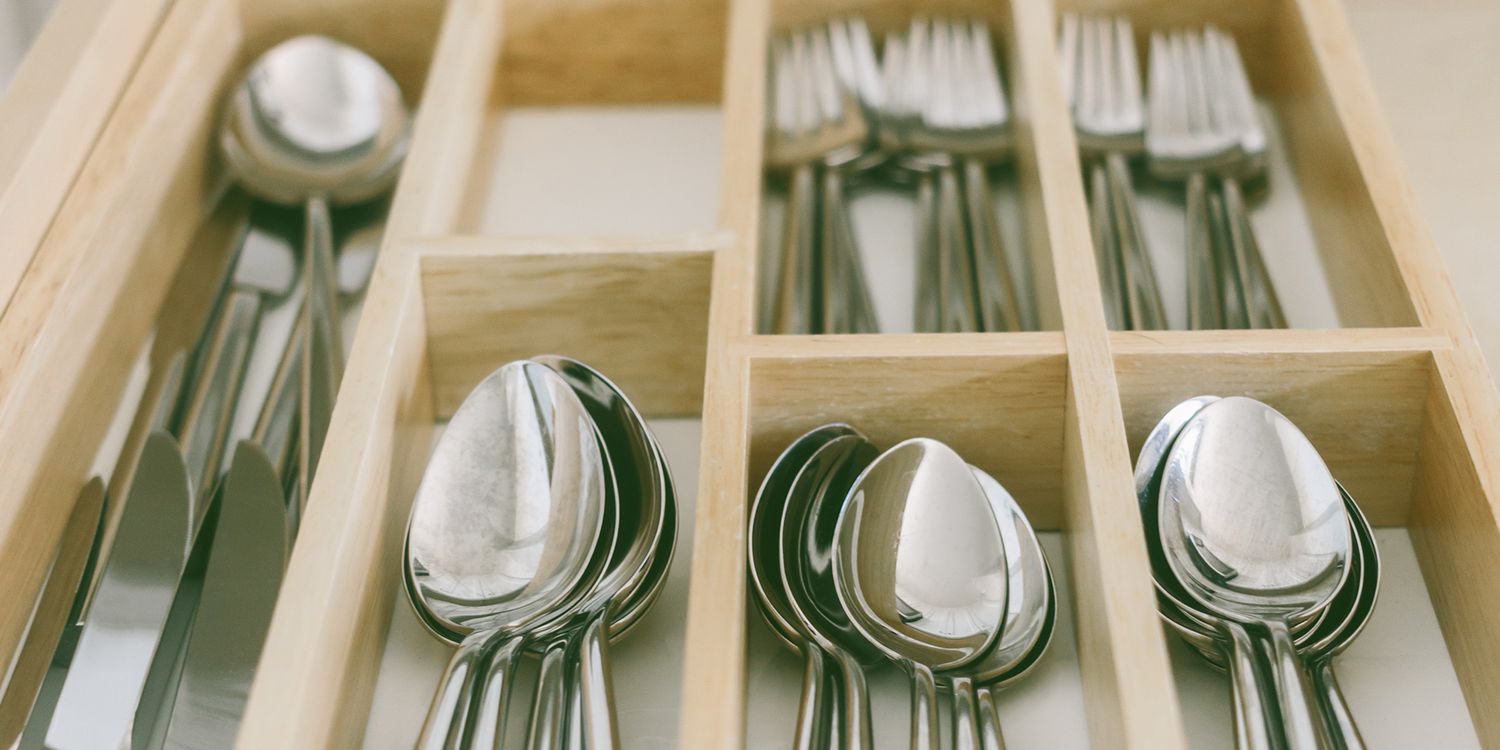
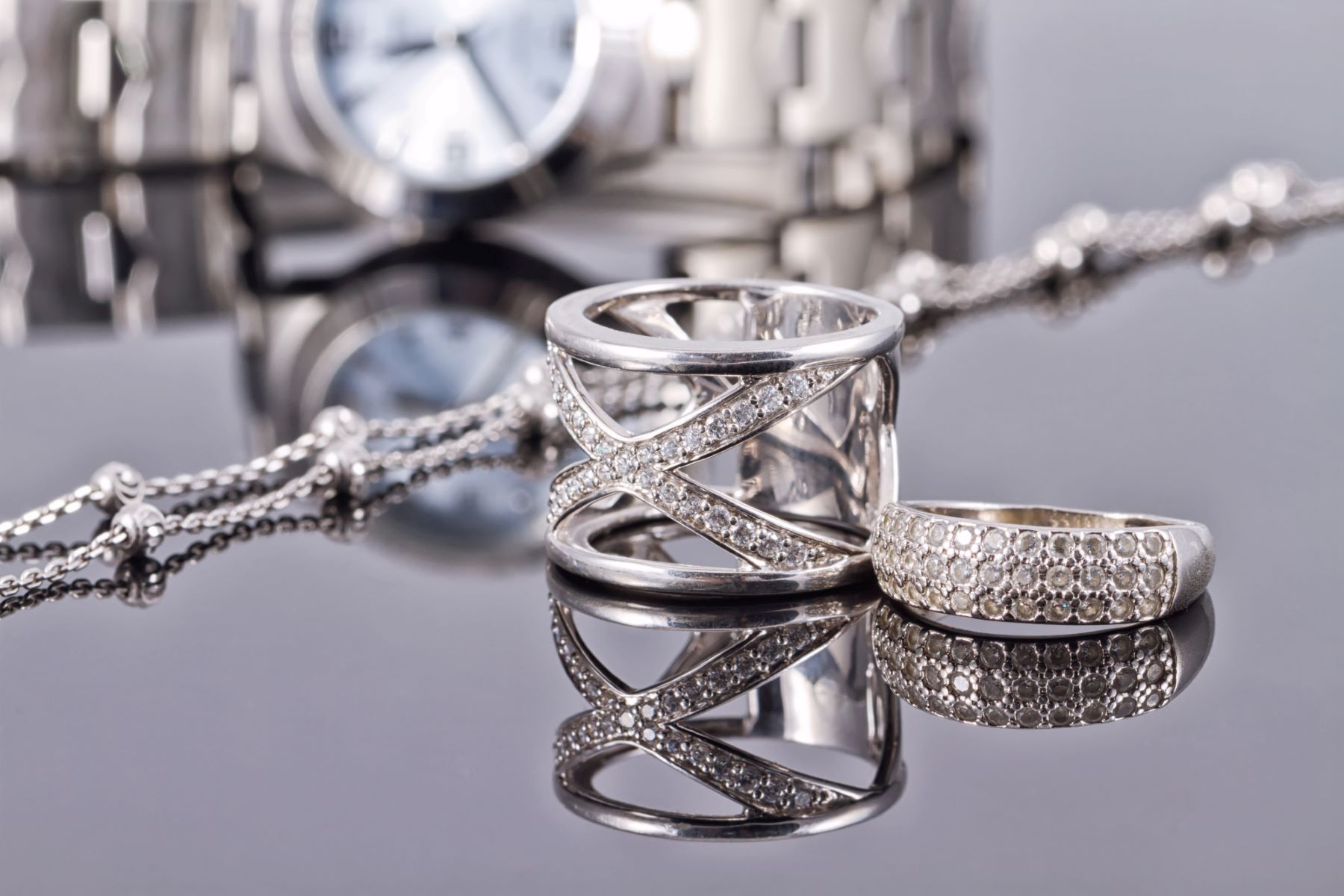
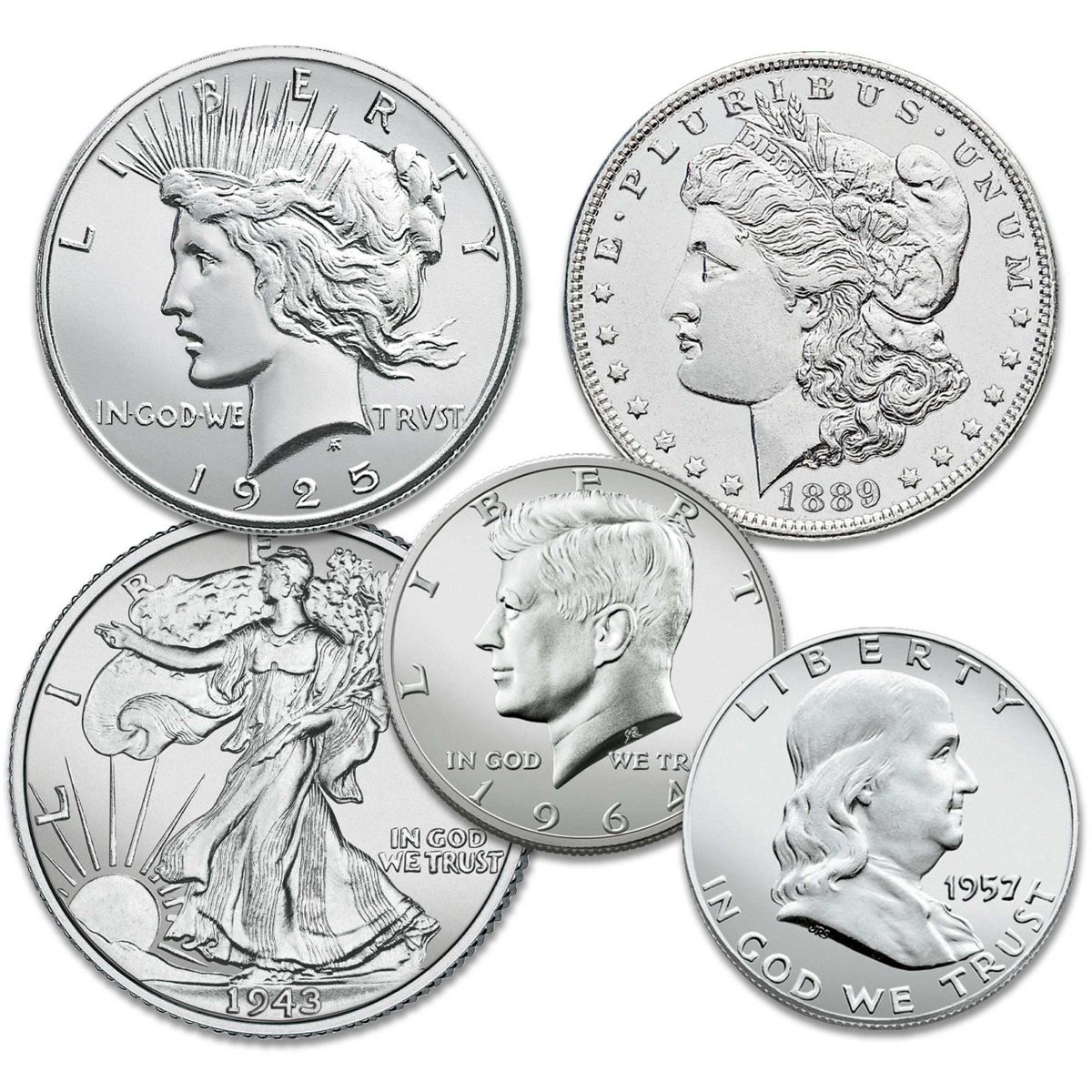

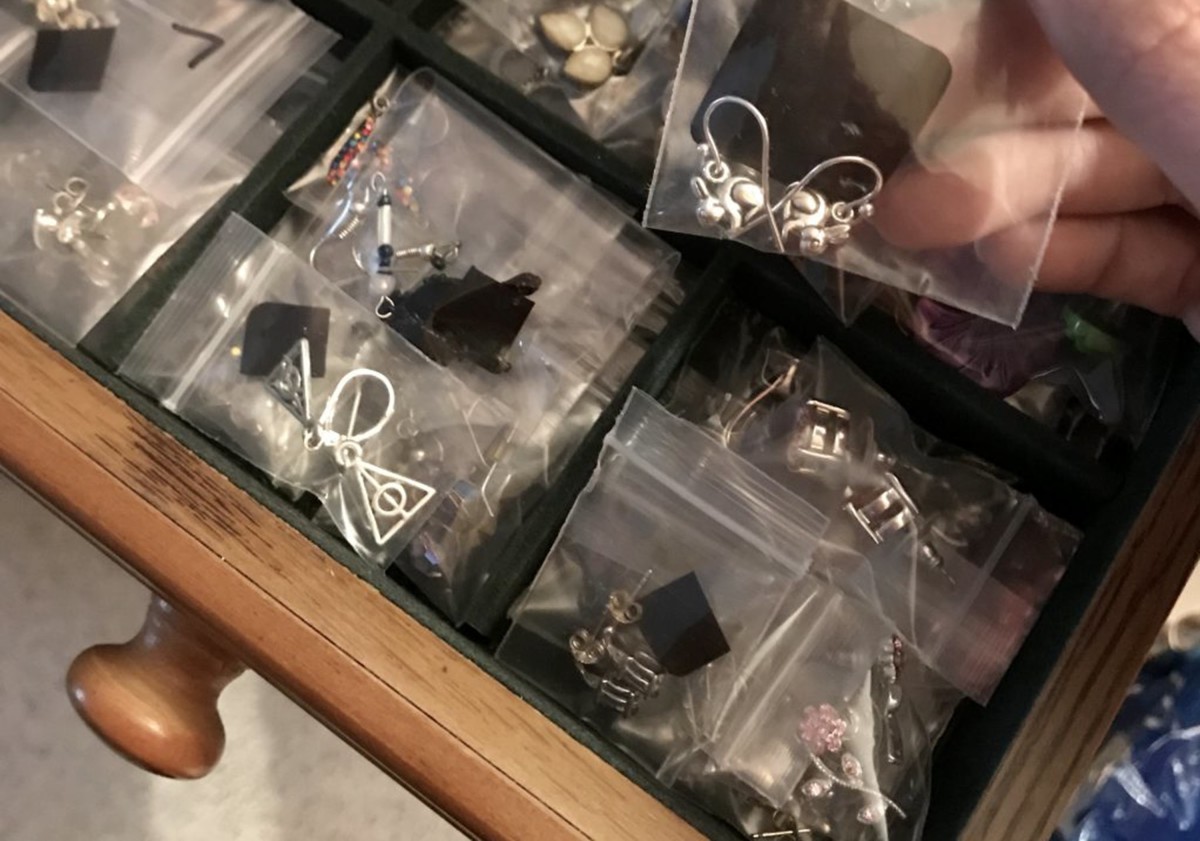
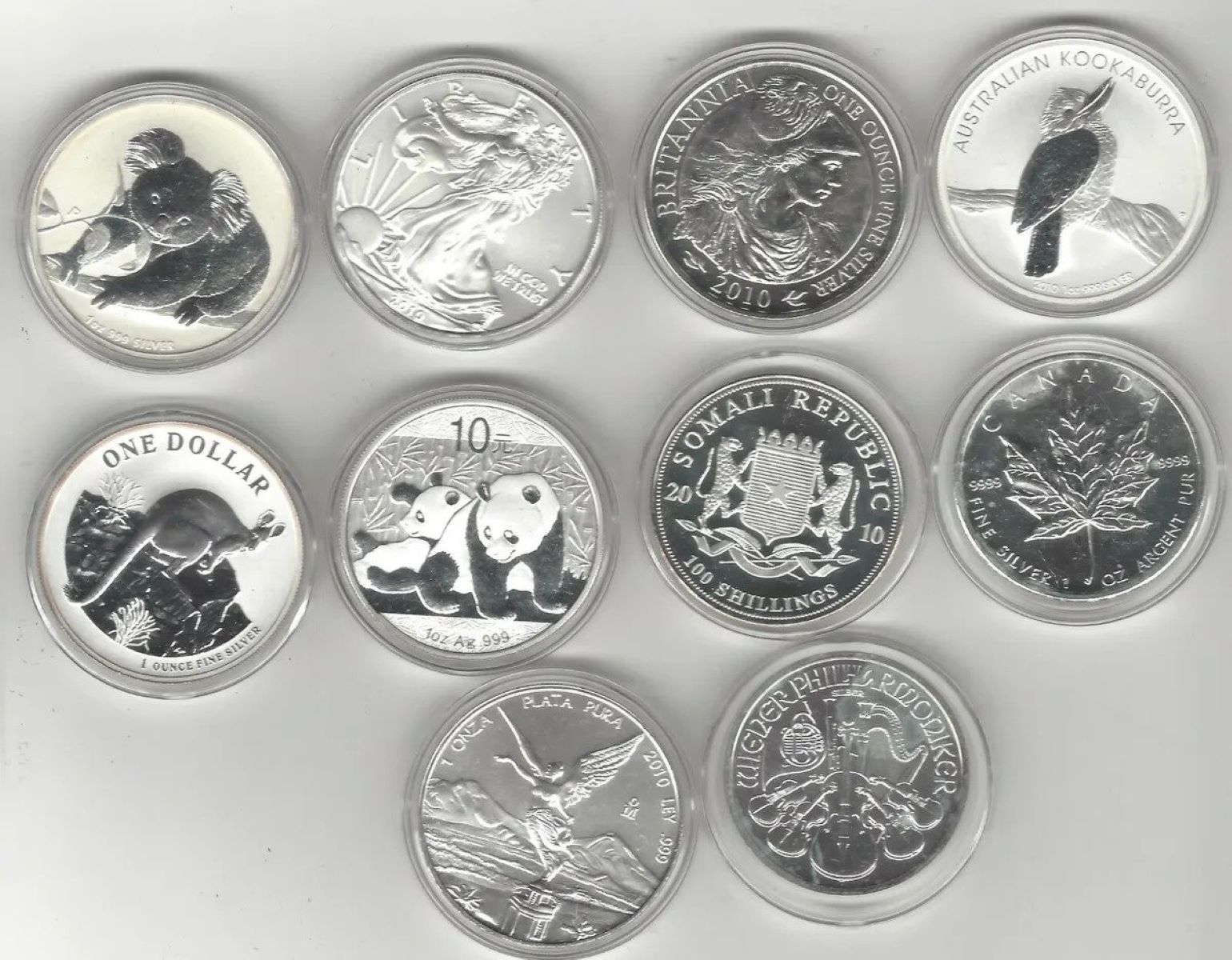
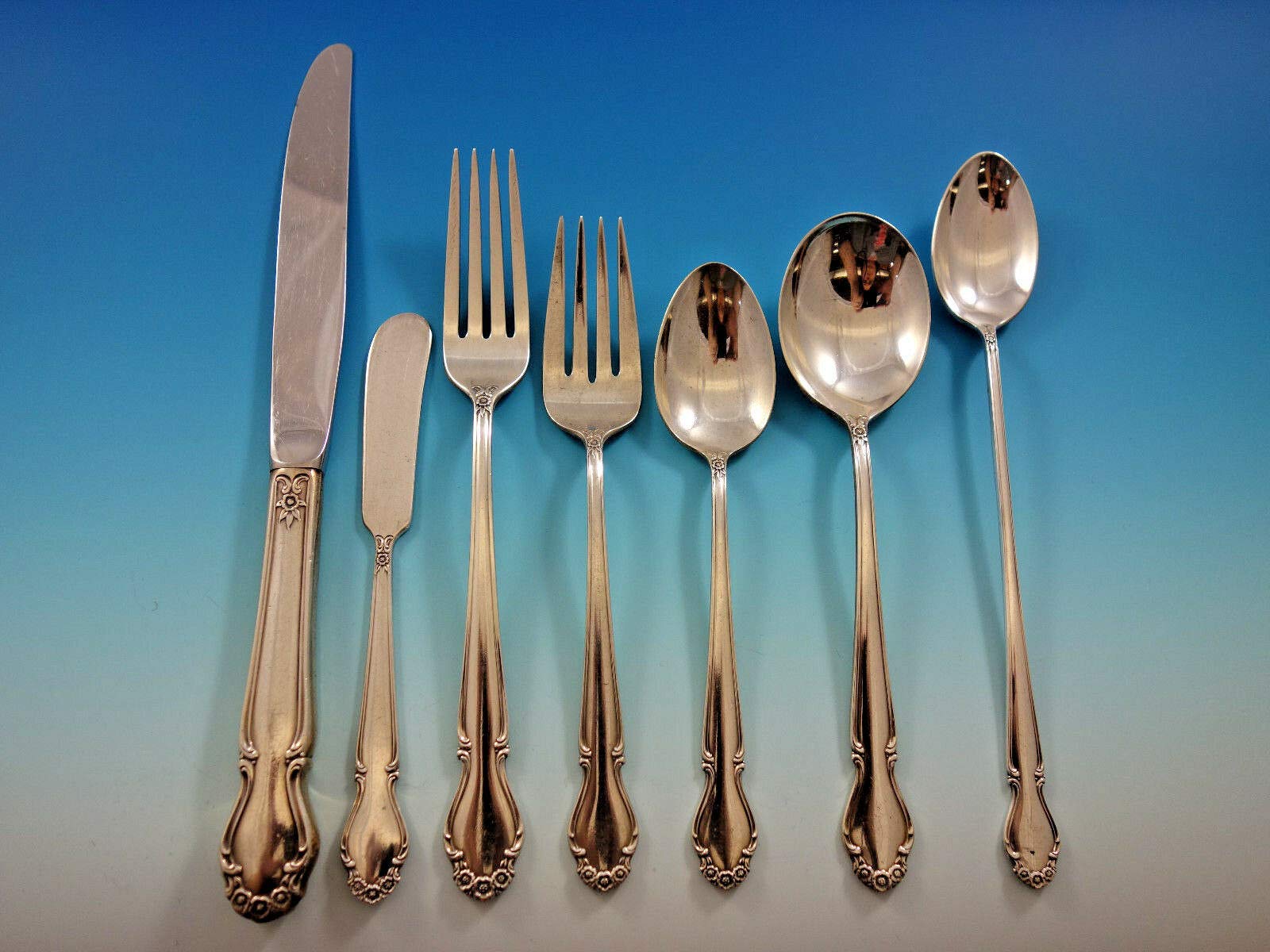
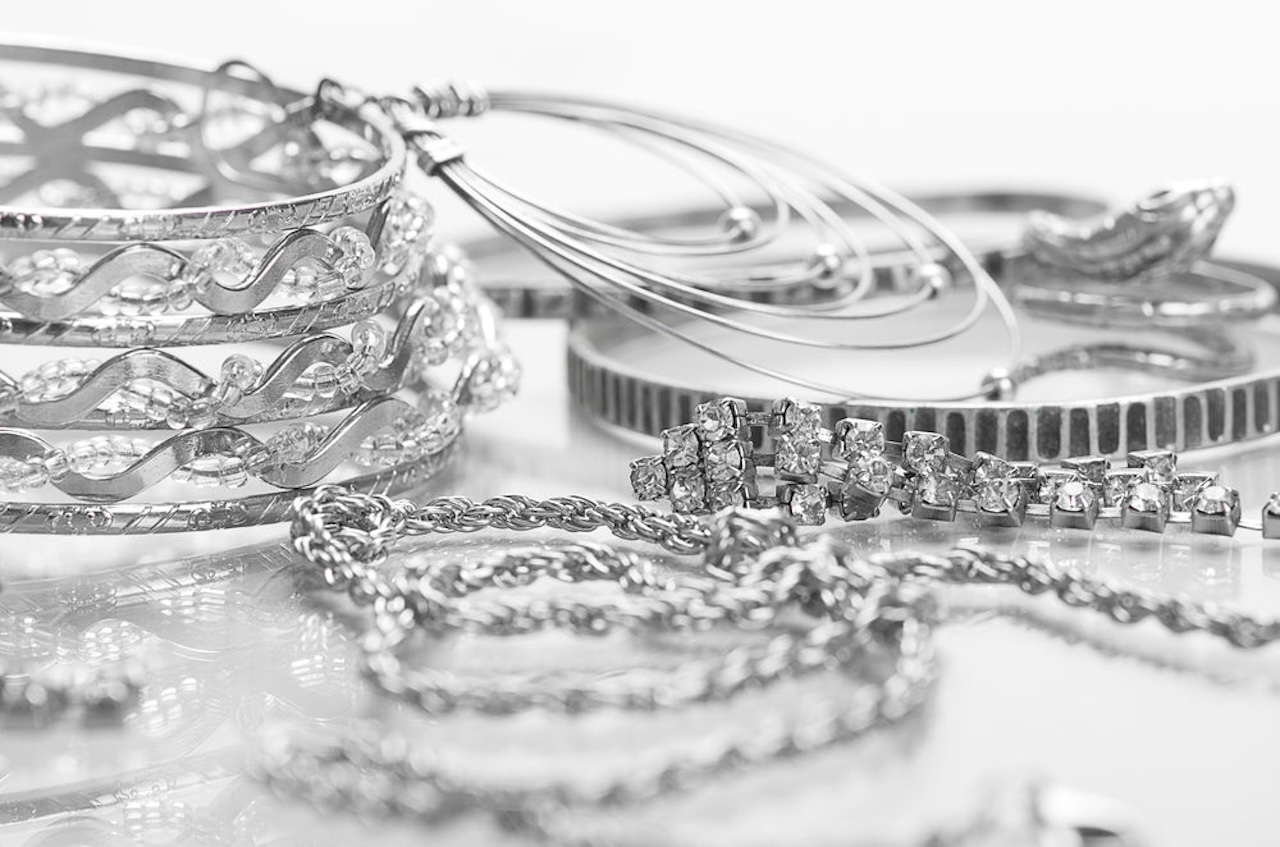
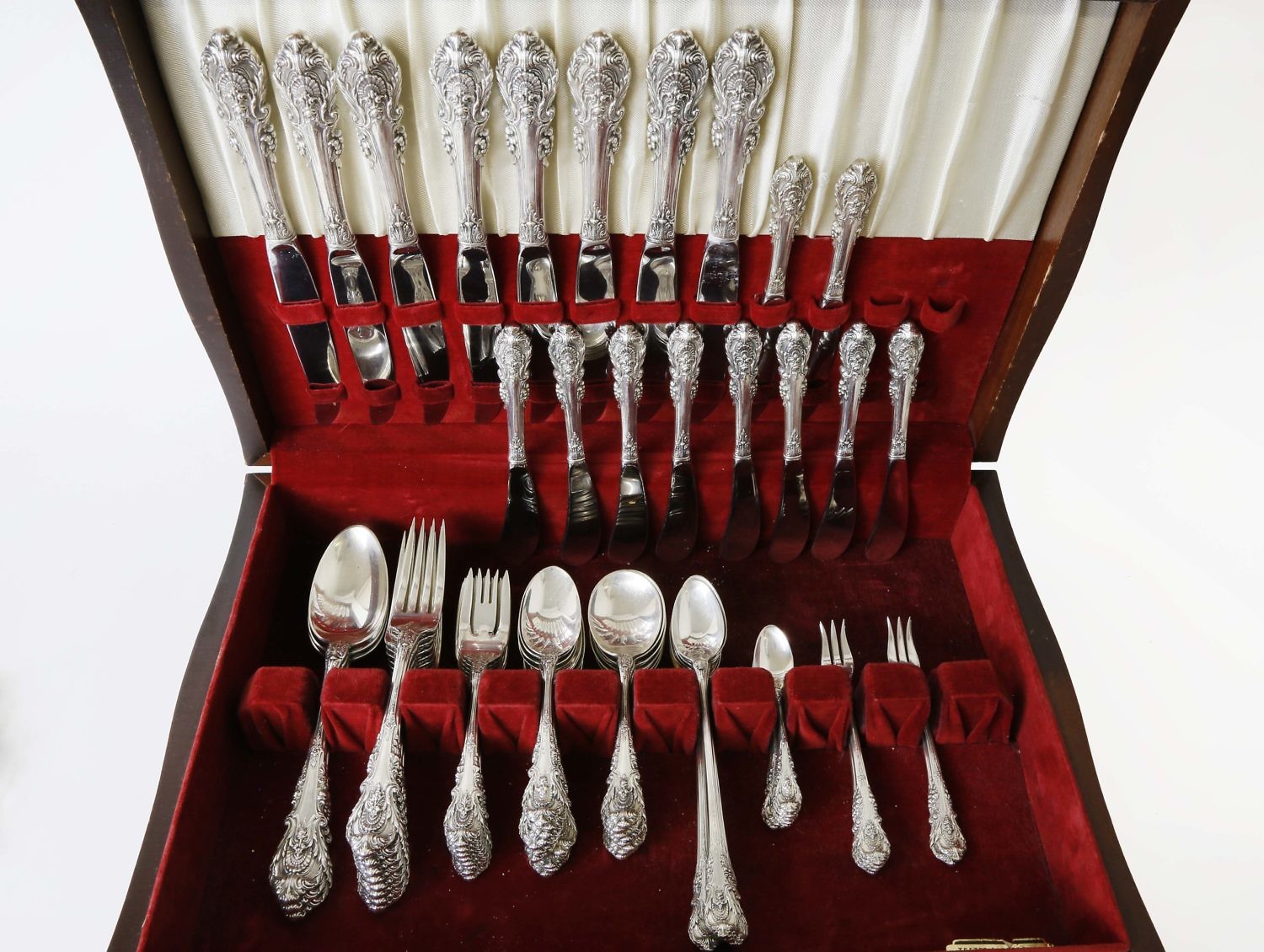
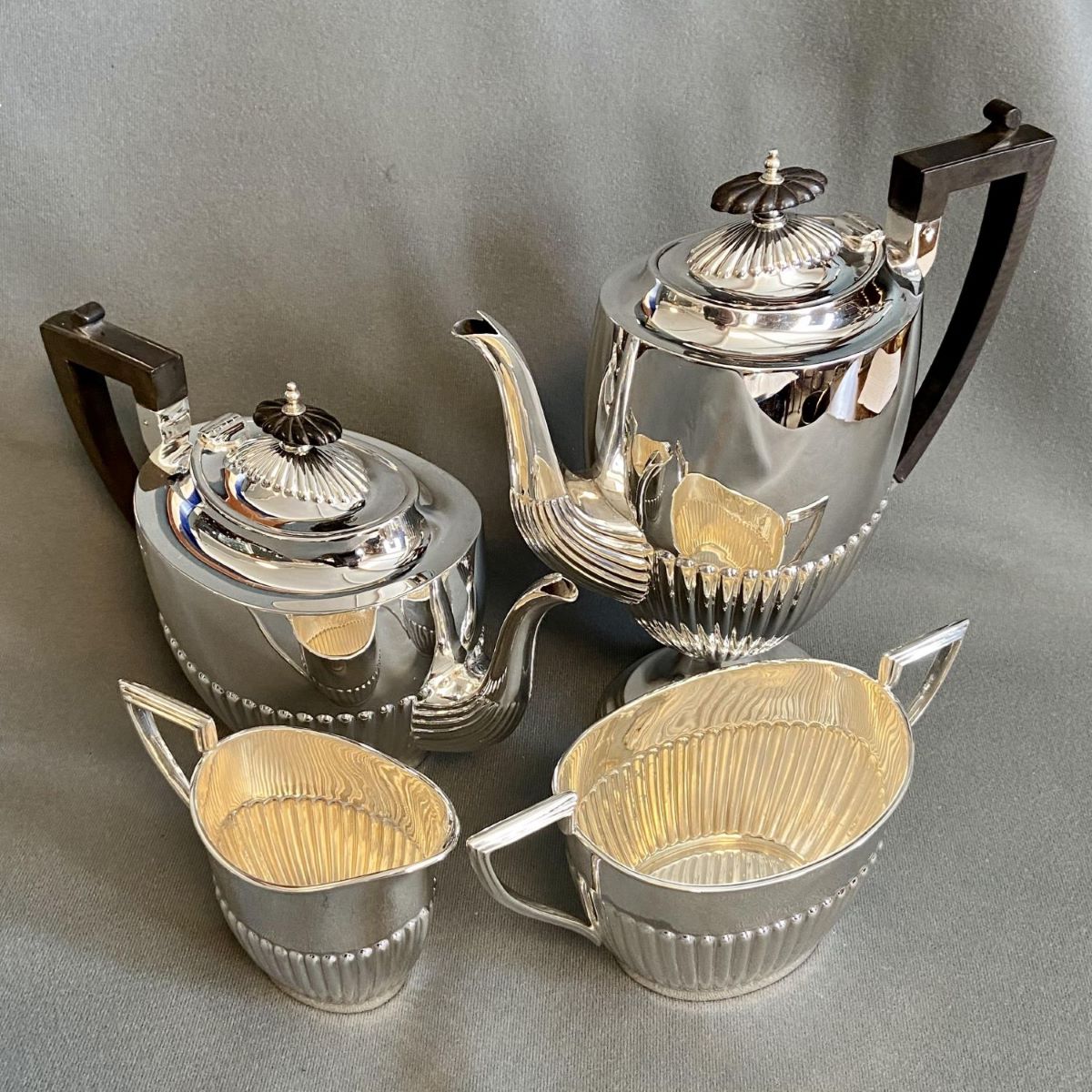
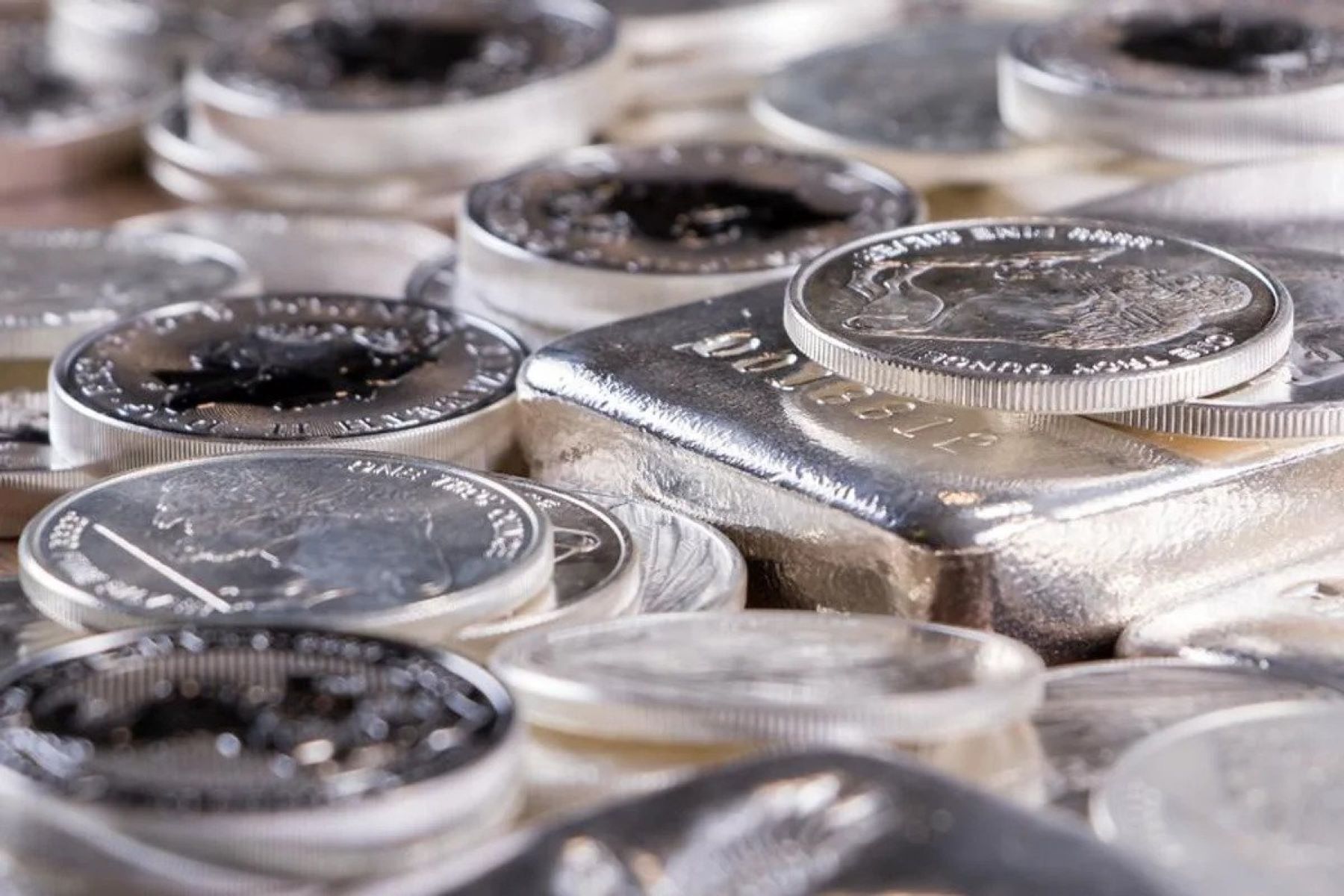
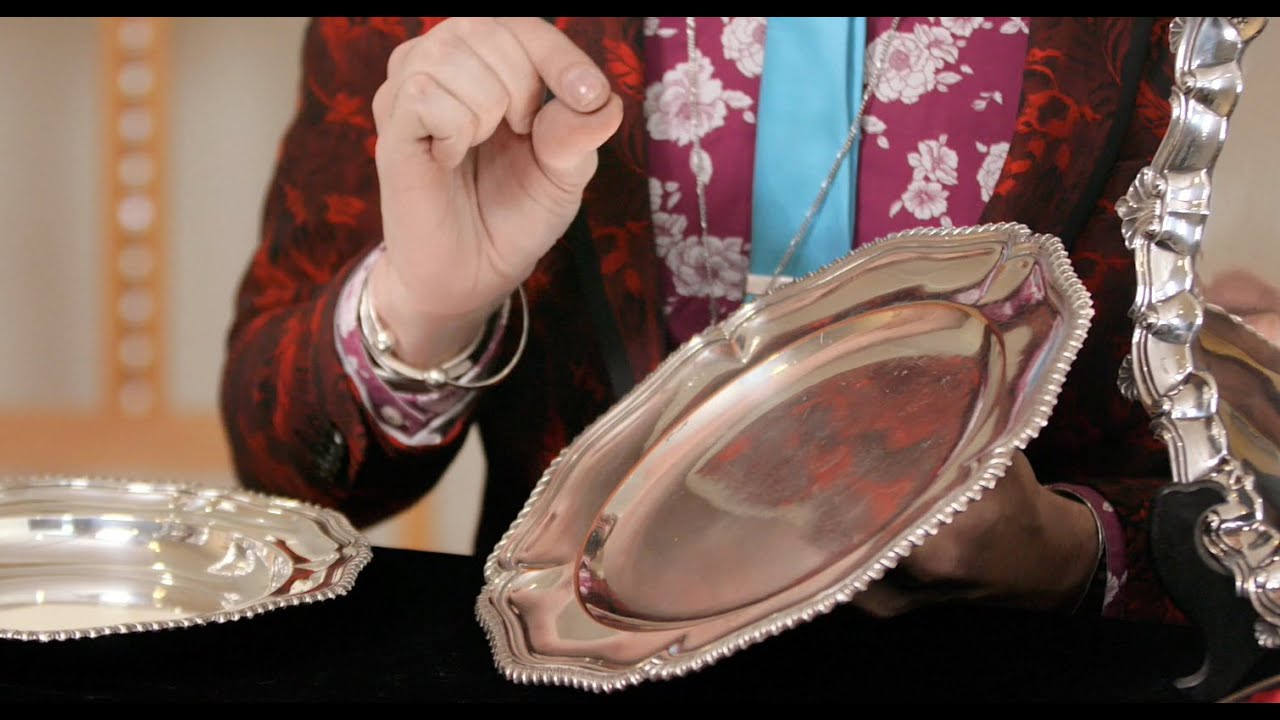
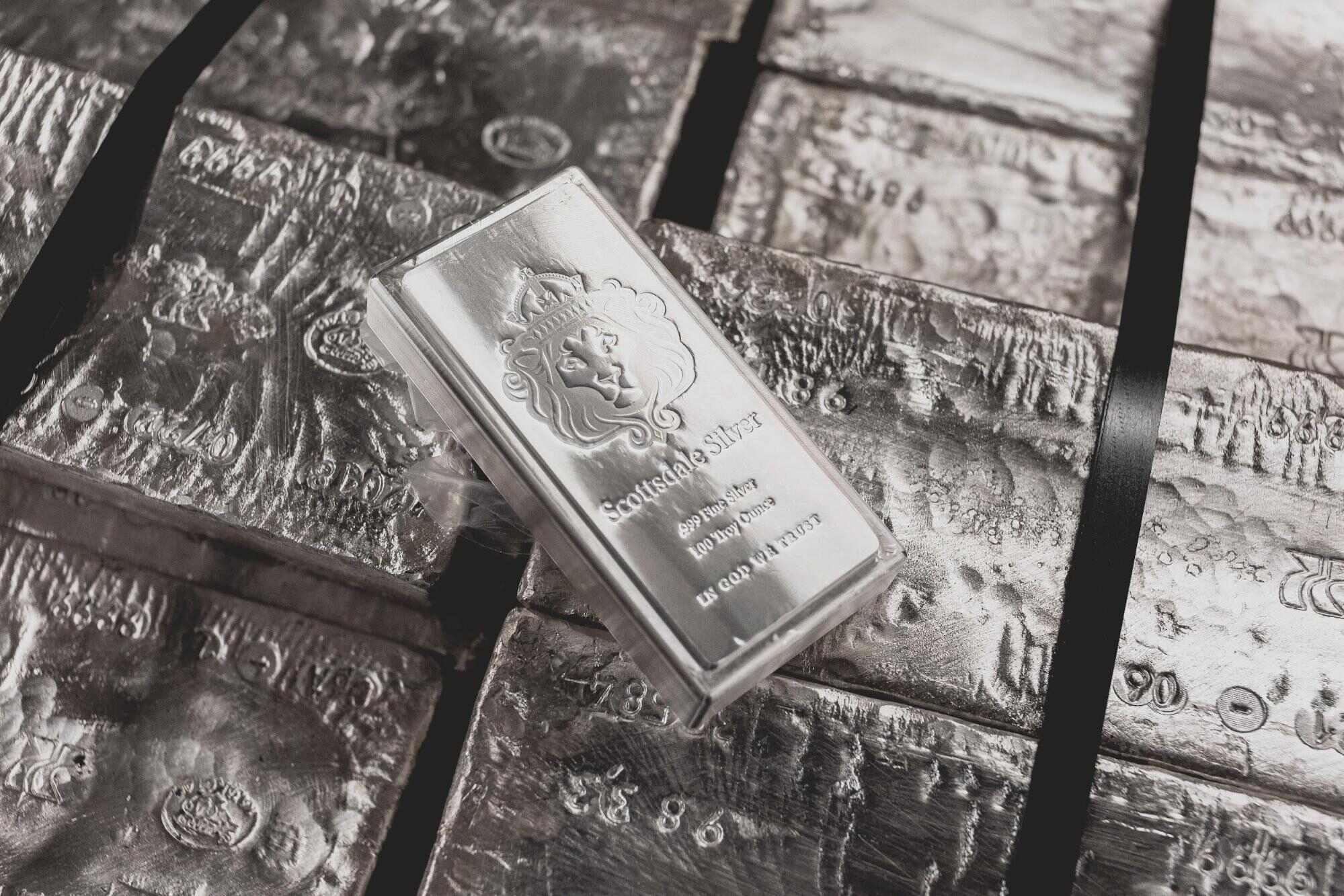

0 thoughts on “How To Store Silver Bullion”